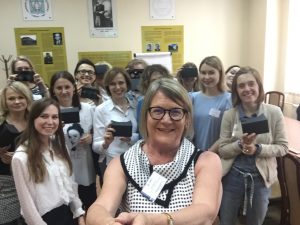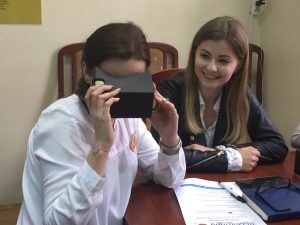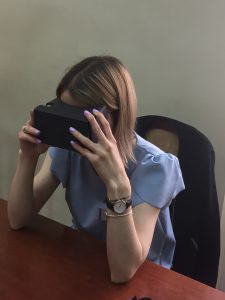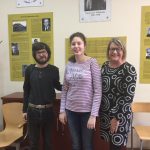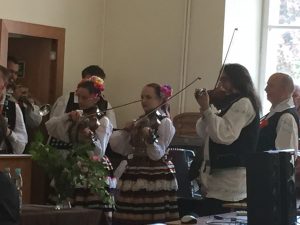 A report from Debbie Holley, Professor of Learning Innovation, HSS
A report from Debbie Holley, Professor of Learning Innovation, HSS
The Instytut Pedagogiki (Institute of Pedagogy), part of Uniwersytet Marii Curie-Sklodowskiej, is a centre of excellent practice in teaching and developing trainee teachers based in Lublin, Poland. Students undertake a three year undergraduate programme of study, followed by a two year Masters specialisation. The Scientific Symposium series is an annual event to bring together experts from across Poland, policy experts, practitioners and invited experts to discuss a theme. I was honoured to be invited to contribute a keynote session, ‘Creativity in the classroom, a design based research approach to learner engagement’ and two technology enhanced learning workshops entitled, ‘Supporting Innovation in Education: a challenge for 21 Century educators” to this years symposium. This year the work of the symposium explored the concepts of embedding Creativity in the formal curriculum across different types of schools in Poland, whether state funded, privately funded or religiously funded.
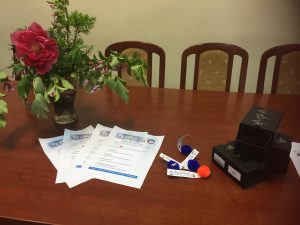
After a formal panel welcome, traditional music and folk dancers entered the audience. I noticed particularly beautiful flowers in vases in all the rooms, as well as in the coffee break out room, and upon enquiring, found out they were from the Faculty colleagues own gardens! Prof. Dr. hab Krzysztof Szmidt, a fellow keynote speaker has published extensively around embedding Creativity in the Curriculum, and been extremely influential in transforming the national policy agenda, in mainstream and special educational needs education. Changing the culture of the classroom matters just as much as developing good policy, across different educational systems.
Setting up for a floral TEL workshop!
It was very interesting to find out that many of the educational challenges faced in the UK are also present in Poland, and that the state and partnering with religious foundations, for example, to run projects for children with special educational needs. The images show a Creativity project run where the children use arts and crafts to access the curriculum.
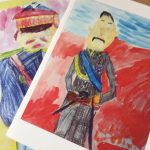 One project was on Polish ‘heros’, another on nature, and another on local history, led by Marta Lipinska-Waldowska,an expert in Special Educational Needs education. Marta kindly presented me with these beautiful cards of the children’s work.
One project was on Polish ‘heros’, another on nature, and another on local history, led by Marta Lipinska-Waldowska,an expert in Special Educational Needs education. Marta kindly presented me with these beautiful cards of the children’s work.
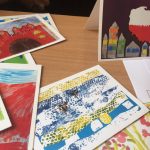
My hosts were keen that I could contribute, and arranged for a team of student translators from the Institute of Linguistics to simultaneously translate
all the Polish keynotes into my earpiece, as well as for expert translators to work with me to translate the keynote and workshops materials, and assist with questions and answers. Doreta (pictured right) is completely blind, and managed to translate all the technical terms for the workshop, and instructions on assembling Google cardboard, as well as all of the questions and answers. It was a privilege to work with her and her colleague Pauvel, as well as the rest of their team during my time in Lublin. All my materials have been translated into Polish, for onward circulation post conference.
I would like to thank the organising committee for the kind invitation, and thanks to kind hosts, Dr hab. Uszwa, Professor at UCMS and Dr hab. Beata Bednarczuk for all the assistance with translations, and making my stay so welcome.
Images below are of staff, students and symposium delegates using google cardboards as part of the Technology Enhanced Learning workshops. The new Augmented Reality website, AugmentedHE.org created by BU visiting research fellow and Prof Debbie Holley was shared as part of the session, and we also paid a visit to Professor Liz Falconers Virtual Avebury site.
